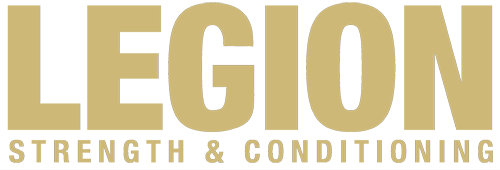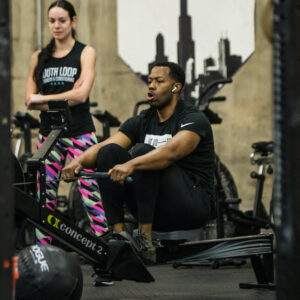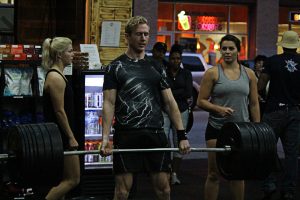Is it possible to do a post or a podcast on masters athletes without saying “you can’t teach an old dog new tricks?” I wouldn’t know, since we definitely busted out that hackneyed bromide a few times during this episode.
Nevertheless, there’s still some solid info in here on understanding how to think about volume and intensity for masters athletes – as well as understanding the process of skill acquisition.
If you’re a masters athlete, both your “biological age” and your “training age” will impact your ability to handle and adapt to training volume, so it’s key that you have an understanding of both.
And, while we do expect masters athletes to often adapt more slowly to training physiological traits like aerobic capacity, strength and muscle endurance, we often underrate the ability of masters athletes to acquire and refine new skills.
Check out the full conversation with Jon, Luke and Todd to learn:
- Why some masters athletes can still experience “newbie gains”
- How masters athletes should prioritize their training programs – and how many things a masters athlete should work on at once during a training cycle
- Why people underrate the ability of masters athletes to acquire new skills – and the mistake that most athletes make when trying to refine or develop their skills
Listen below – or on the podcast player of your choice.
Listen Here
- iTunes
- Overcast
- Google Podcasts
- mp3
- Or stream here:
- If you’re enjoying the show, why not a leave a review? It makes a difference in terms of other people finding the show.
Show Notes:
- [0:12] Understanding the difference between “biological age” and “training age” – and how the difference between those can dictate how much volume and intensity a masters athlete should have in their training.
- [4:40] Athletes with higher “training age” (more experience in the gym) as well as higher “biological age” will adapt more slowly to training. Athletes with high biological age but low training age can still experience “newbie gains” and get better quite quickly.
- [9:05] Masters athletes often have much more stress and responsibility outside of the gym – in addition to a slower rate of adaptation. Because of this, masters athletes need to be clearer in their training priorities, whereas younger athletes can often work on everything at once.
- [15:17] Don’t fast track introducing higher volume and higher intensity training programs for masters athletes. And – how to retrain faulty movement patterns that have been ingrained through potentially decades of compensatory movement.
- [23:20] Jon’s magical thinking detour into using visualization and PVC pipes to replace heavy squatting sessions.
- [27:42] Masters athletes can still acquire skills through deliberate practice and technique work – often at a similar rate to younger athletes. However, very few people have the “skill of acquiring skills,” and masters athletes often have less unstructured time in their schedules to engage in the practice and play necessary for skill development.


